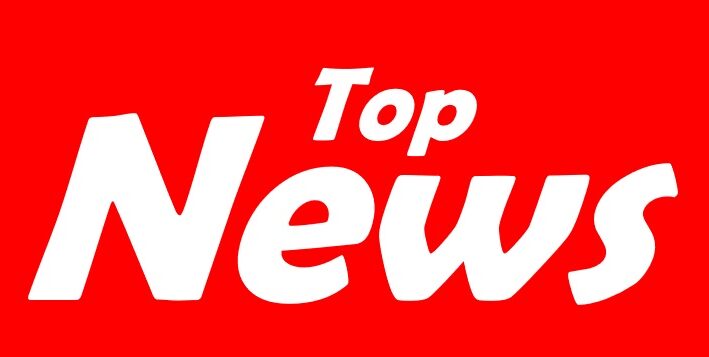According to a report published by Axios, former U.S. President Donald Trump personally intervened to halt a classified Pentagon briefing that had been scheduled to provide Elon Musk with insights into the United States’ strategic considerations in the event of a potential military confrontation with the People’s Republic of China.
The briefing was reportedly part of broader efforts to engage key private-sector stakeholders in national security planning, particularly those with critical infrastructure and technological assets relevant to modern warfare and strategic deterrence—areas in which Musk, through SpaceX and Starlink, holds significant influence. However, according to sources cited by Axios, President Trump questioned the appropriateness of Musk’s inclusion in such high-level discussions. He is quoted as saying, “What the hell is Musk doing here? Make sure he doesn’t come here,” reflecting concerns over either Musk’s role, potential conflicts of interest, or the implications of his access to sensitive defense information.
This incident highlights the complex and sometimes contentious intersection between private enterprise and national security, particularly in an era where key technologies- ranging from satellite communications to AI and space-based infrastructure – are increasingly developed and controlled by non-state actors. It also underscores the degree to which presidential discretion can shape interagency coordination and public-private engagement on issues of strategic significance.

